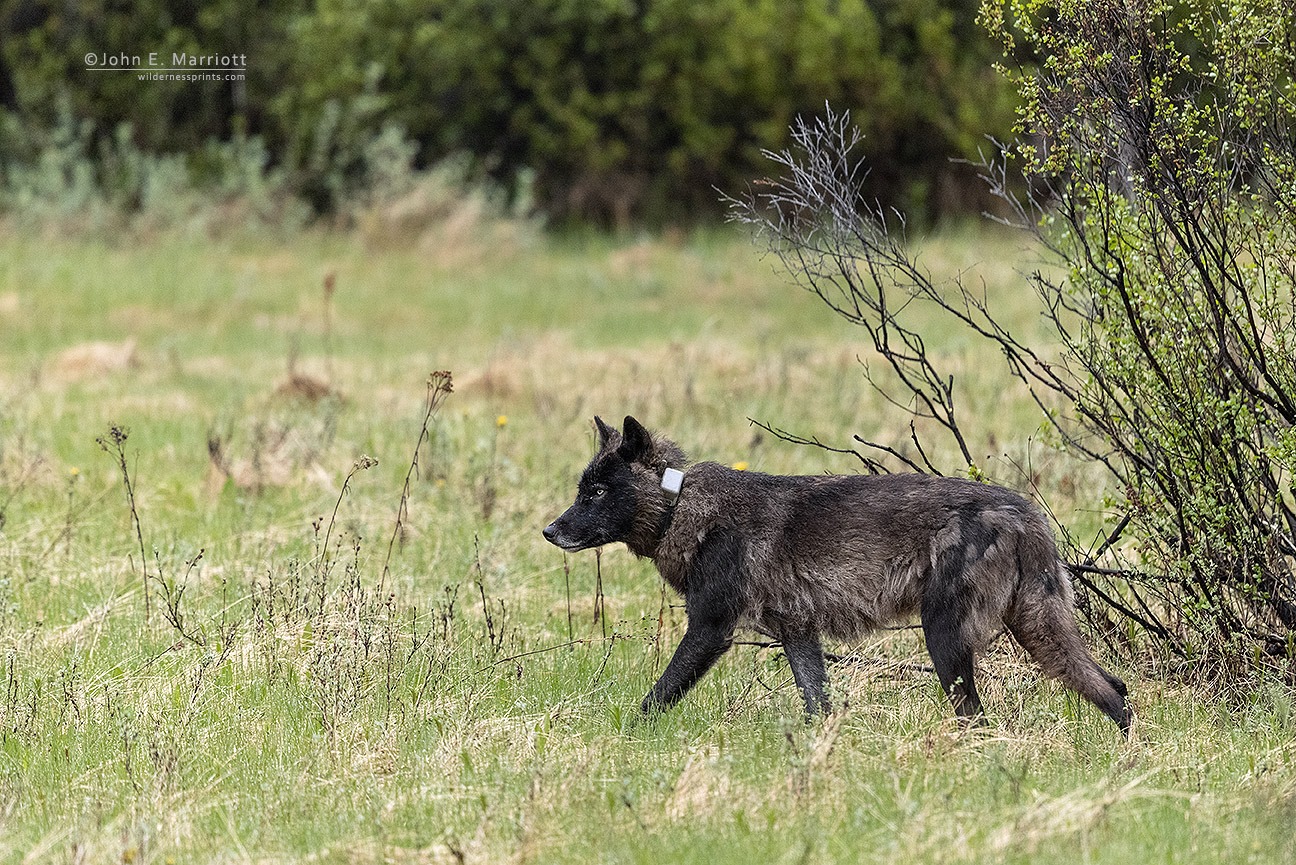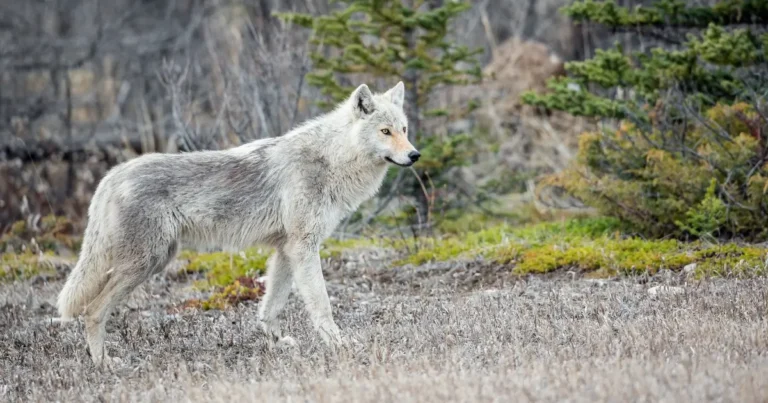
On June 24, a female grizzly bear and her cub were struck on the Canadian Pacific Railway line while out foraging for food in Banff National Park, Alberta. That same day, a yearling black wolf pup (collared and monitored by Parks Canada) was killed in a collision on the Trans-Canada Highway near Castle Mountain in Banff National Park.
Exposed Wildlife Conservancy, a non-profit co-founded by wildlife photographer John E. Marriott, is calling on the public to take action, and The Fur-Bearers are following suit. Wildlife in Canadian National Parks suffer the risk of train and vehicle mortalities, but you can help! The Fur-Bearers are urging our supporters to contact their MP and request that the Federal Government implement change around this issue.
Take Action
Residents of Canada are encouraged to contact their MP, asking the Federal Government to ensure safety in our National Parks for wildlife. You can find your MP by clicking here.
Sample Letter to MP (Courtesy of Exposed Wildlife Conservancy)
Subject Line: Implement Changes for Train and Vehicle Mortalities of Wildlife
I am a concerned citizen, residing at: [your location will go here, this is important for MPs to know you’re a constituent].
This past week two grizzly bears including a yearling cub, and a recently collared yearling black wolf were killed by trains and a vehicle. While all these losses are tragic, the loss of another breeding female grizzly from Banff’s beleaguered grizzly population is devastating.
Grizzly bears in Alberta are a threatened species in recovery. Earlier this year, another of Banff’s female grizzlies #152 was struck by a vehicle and killed in Yoho National Park, and late last fall grizzly #143 was killed by a train near Lake Louise. All told, it’s a total of three breeding females in the last nine months, along with at least three cubs, and now there are three orphaned yearling cubs left on the landscape with little hope for long-term survival.
I’m asking for your leadership now to ensure safety in our National Parks for grizzly bears and other wildlife.
I urge you to:
1) Apply federal pressure on Canadian Pacific to fix its grain spillage problem. Why is it illegal for everyone BUT Canadian Pacific to feed wildlife and leave out attractants in our National Parks without maximum penalties?
2) Implement reduced train and vehicle speed limits, particularly at dawn and dusk when wildlife are frequently present, with increased RCMP presence in areas of concern.
Protecting grizzly bears is important for Albertans, and for Canadians – ecologically, culturally, and economically. As ecosystem engineers, these majestic creatures play an integral role in our ecosystems shaping the landscape for other flora and fauna. Their protection is critical to maintaining the biodiversity we are known for here in Alberta, and which we rely on for human health and well being. As a conservation umbrella species, protecting grizzly bears indirectly benefits many other species living within the grizzly’s wide and diverse range. And as symbols of the wild, grizzly bears are an important part of our cultural identity as Albertans as well as valuable assets in conservation-based economies, such as sustainable wildlife viewing.
I urge you to show leadership by implementing change to avoid further mortalities of our grizzly bear population in our mountain national parks.
Thank you,
[Name]
